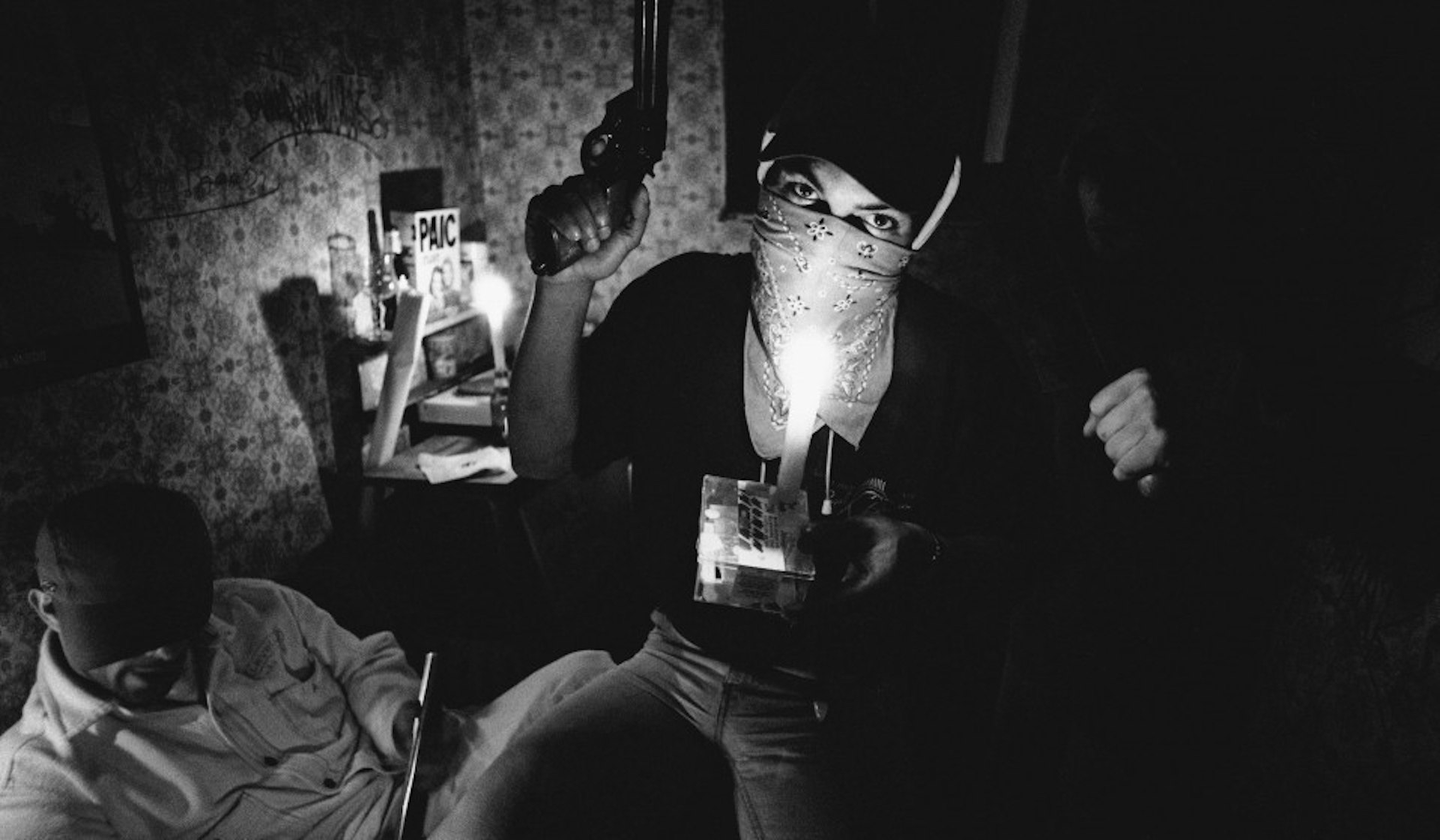- Text by Alex King
In one of the most audacious acts of subversion this year, the Arabian Street Artists engineered a graffiti hack on popular TV show Homeland. Viewers who tuned in were confronted with ‘Homeland is racist’, ‘The situation is not to be trusted,’ and ‘Homeland is a joke, and it didn’t make us laugh’ sprayed in Arabic across the show’s set as it went out on primetime.
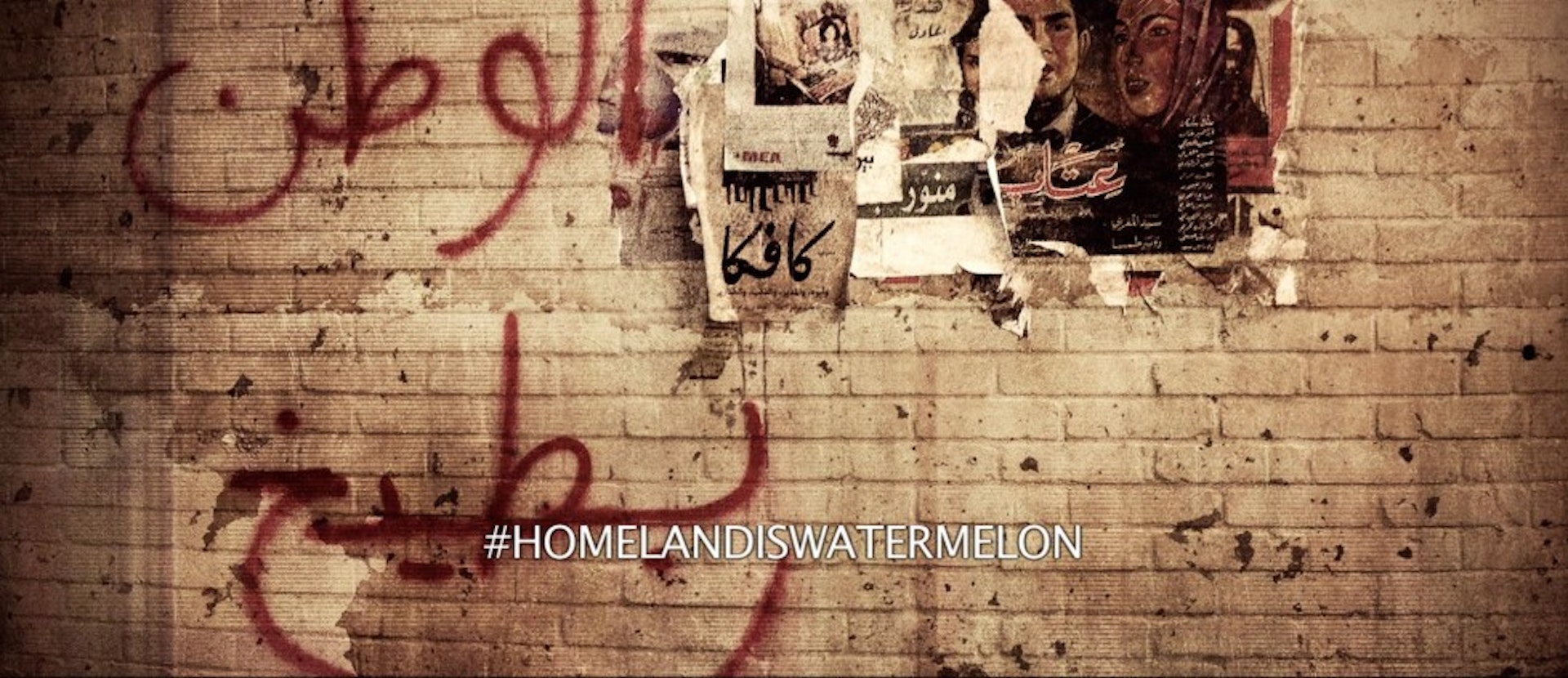
Street artists Heba Amin, Caram Kapp and Stone answered a call for ‘Arabian street artists’ to help the show’s producers make their Syrian refugee camp set in Berlin look more authentic. Aware of the series’ reputation for its damaging portrayal of Muslims, they were skeptical until they realised it could be an opportunity to air their concerns about what many have criticised as ‘the most bigoted show on television’. In a previous interview with Huck, they described Homeland as “thinly veiled propaganda”, spreading distortions about the War on Terror, the Middle East, Muslims and refugees.
Homeland Is Not A Series is a moving new film, which goes beyond a behind-the-scenes of the hack to reflect on the Syrian conflict, the experience of refugees and the way these have been represented – and distorted – in the media. It was produced in collaboration with The Intercept’s Field of Vision, a filmmaker-driven visual journalism film unit co-created by Oscar-winning director of Citizenfour Laura Poitras, AJ Schnack and Charlotte Cook.
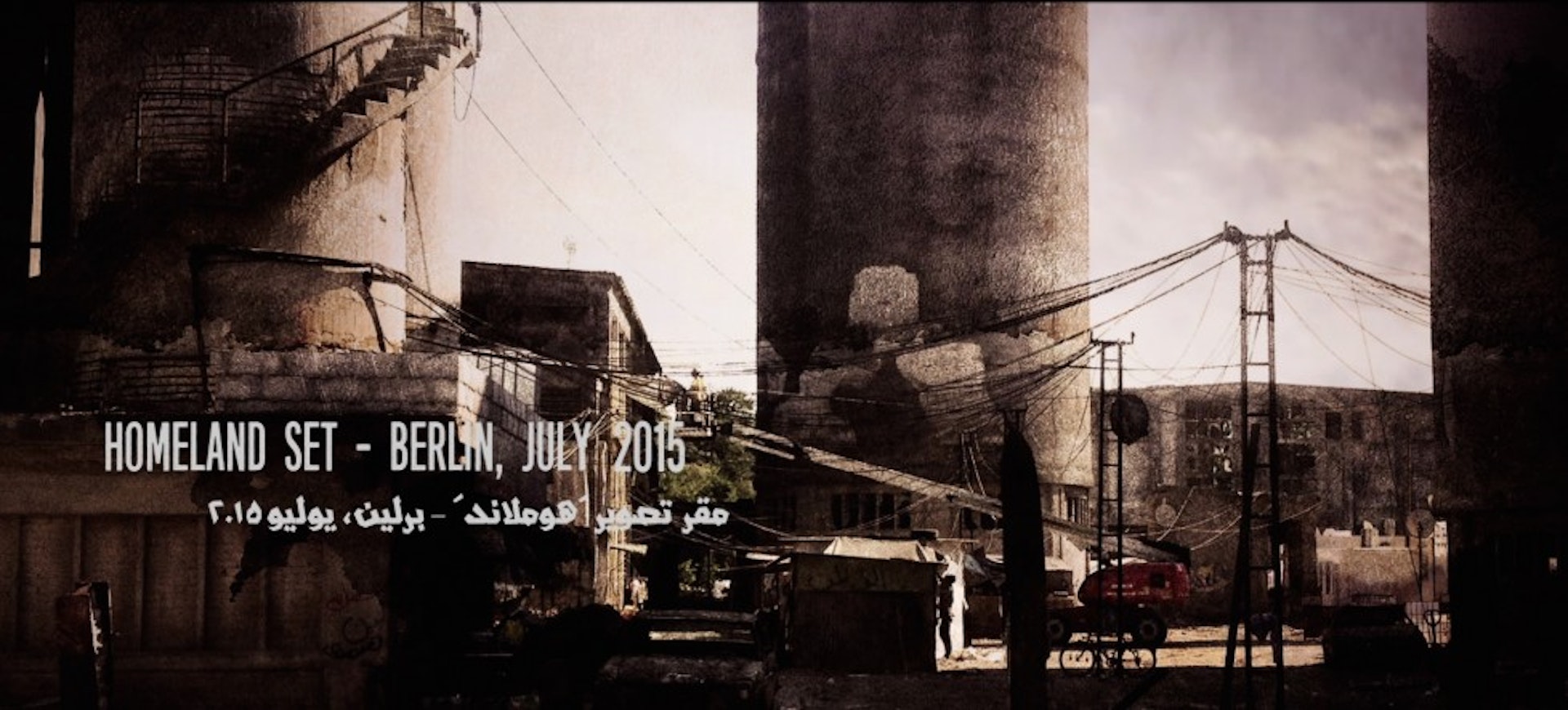
“Laura (Poitras) contacted us and offered us an opportunity to directly address topics – also beyond the show – we felt had not been addressed in our original action, extending the framework of the discussion begun in the hack,” Caram Kapp explains. “In the film, we establish a liminal space between reality and fiction that connects the hack to the series and the series to the reality created by media. It has become a blend of poetry, documentary, satire and political comment. It has accompanied us through terrible events and historical starting points, connecting us to them emotionally in a very powerful way.”
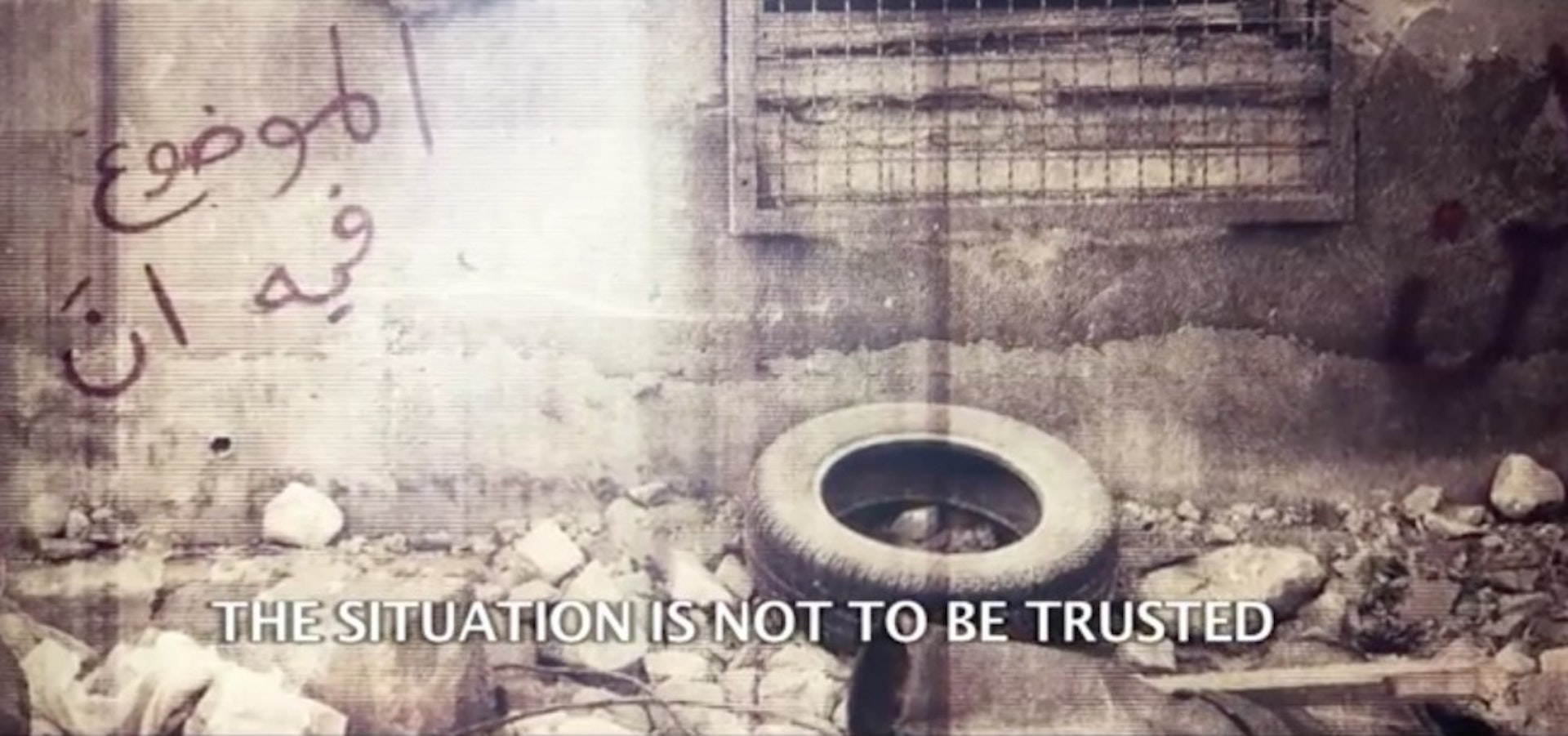
In challenging Homeland’s portrayal of the Syrian conflict and the refugees it has produced, they did something the show never would: they included a Syrian perspective. “The sections written and read by the playwright Wasim Ghrioui embody the emotional reactions of a Syrian refugee seeing the set,” Caram explains. “They reflect on their experiences, journey and current situation in the country the set was built in [Germany]. Don, Heba and I felt it was not our place to comment on this in person. With the ongoing discourse surrounding events in the country, we felt that a Syrian voice had to be included to show the opposite side of the narrative media and governments weave around that country – to show that there is more to the picture than a war against an extremist organisation.”
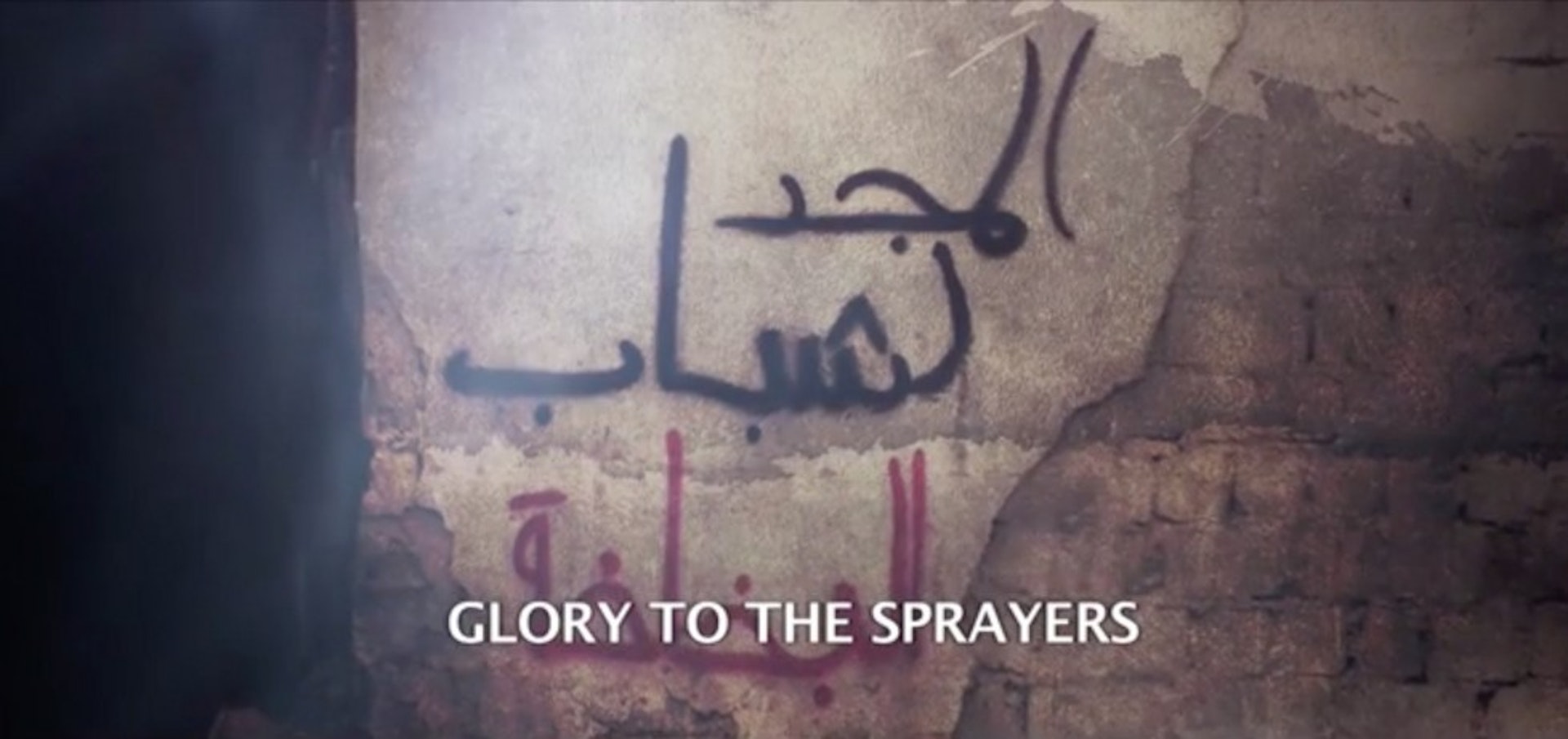
In the finale of season five, Homeland features a terror plot in Berlin, the capital of a country which – unlike the rest of Europe – has taken hundreds of thousands of refugees this year. Caram believes the show’s plotlines contribute to fear and suspicion around refugees and Arabs.
“The way that most Middle Easterners in Berlin are depicted in the episodes of the show I have watched this season calls into question their willingness and ability to integrate into societies which most of them are grateful towards for extending their support,” Caram explains. “Again, this creates an artificial barrier of “Us” and “Them”.”
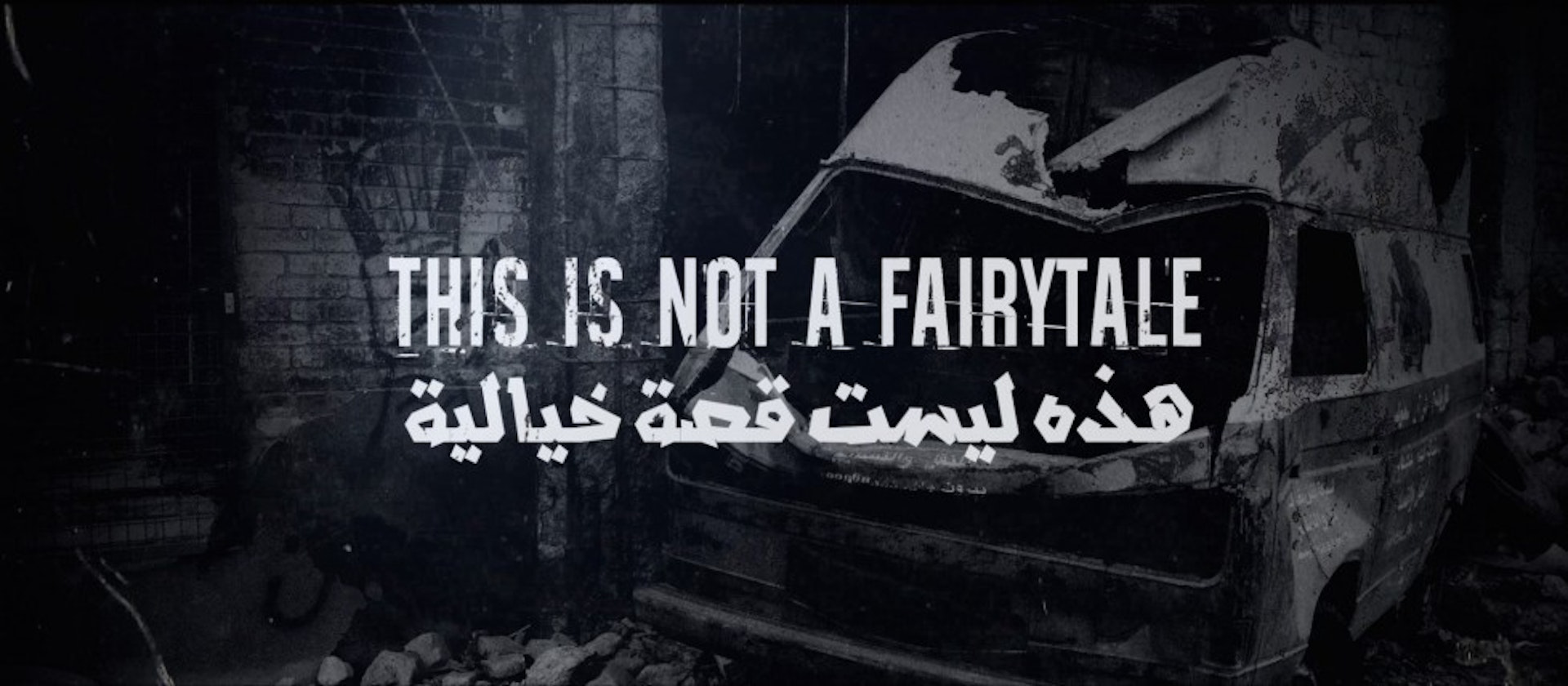
This “othering” of refugees has appeared in much recent media coverage. Throughout history, societies have “othered” minority groups as a way of locking off empathy towards them, often to ignore, exclude or worse. Like thousands of Berlin residents, Caram has volunteered at refugee camps in the city and seen there is no real difference – just mutual respect across cultural barriers and despite trying circumstances. Yet Homeland continues to reinforce damaging stereotypes.
“The refugees I have seen on Homeland are either in desperate need of Western aid, or terrorists – messages that we see outside of the show as well, especially after the attacks in Paris, with some news stories linking refugees to the attack,” Caram explains. “This creates a climate of suspicion and hostility by connecting those who are really in need of humanitarian assistance and asylum to extremists who would, for whatever reason, choose to fan a conflict that is being painted in the colours of a war of religious ideologies, instead of a war over geographical and natural resources.”
Head over to The Intercept’s Field of Vision for more proactive current affairs documentaries.
